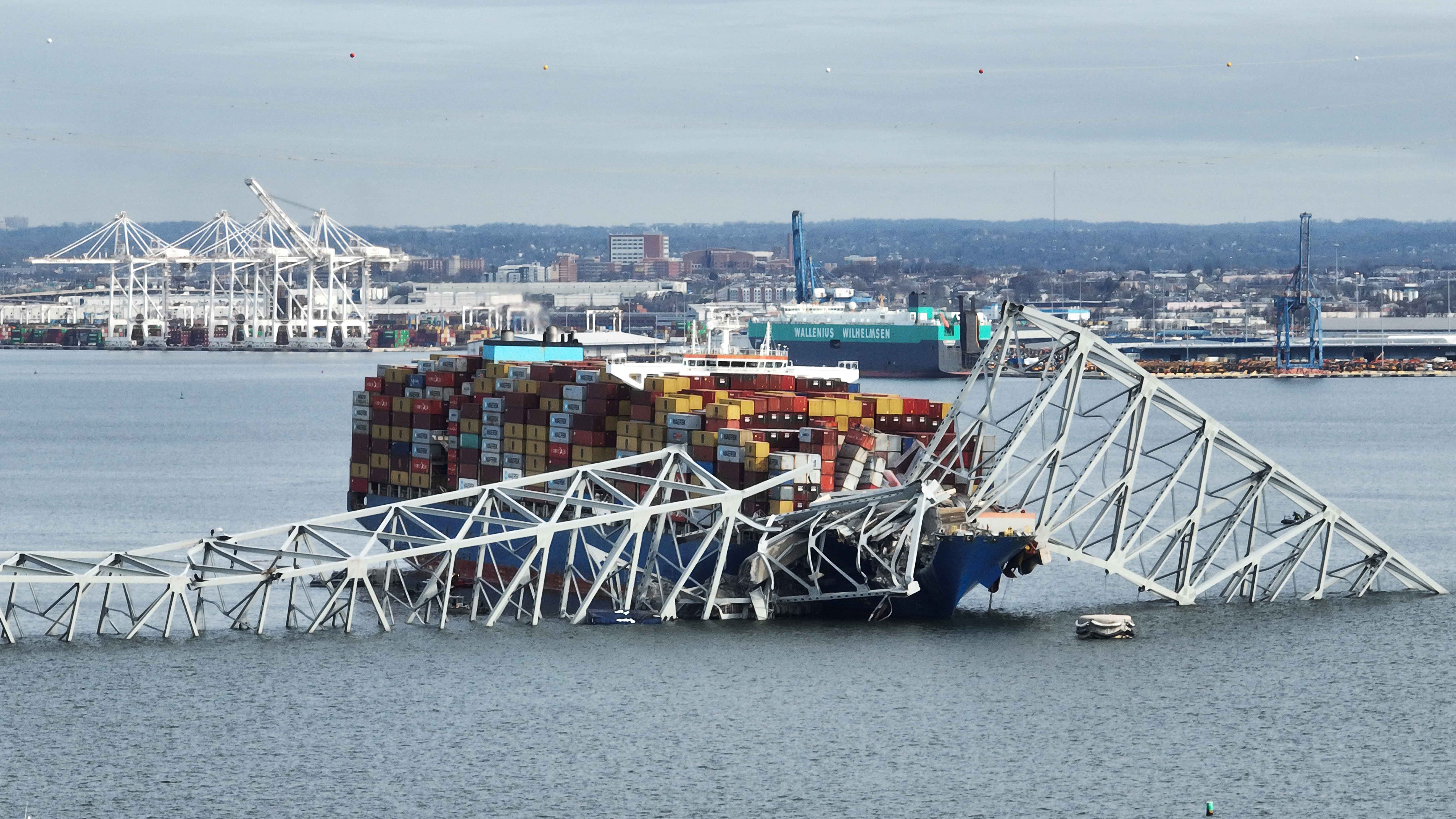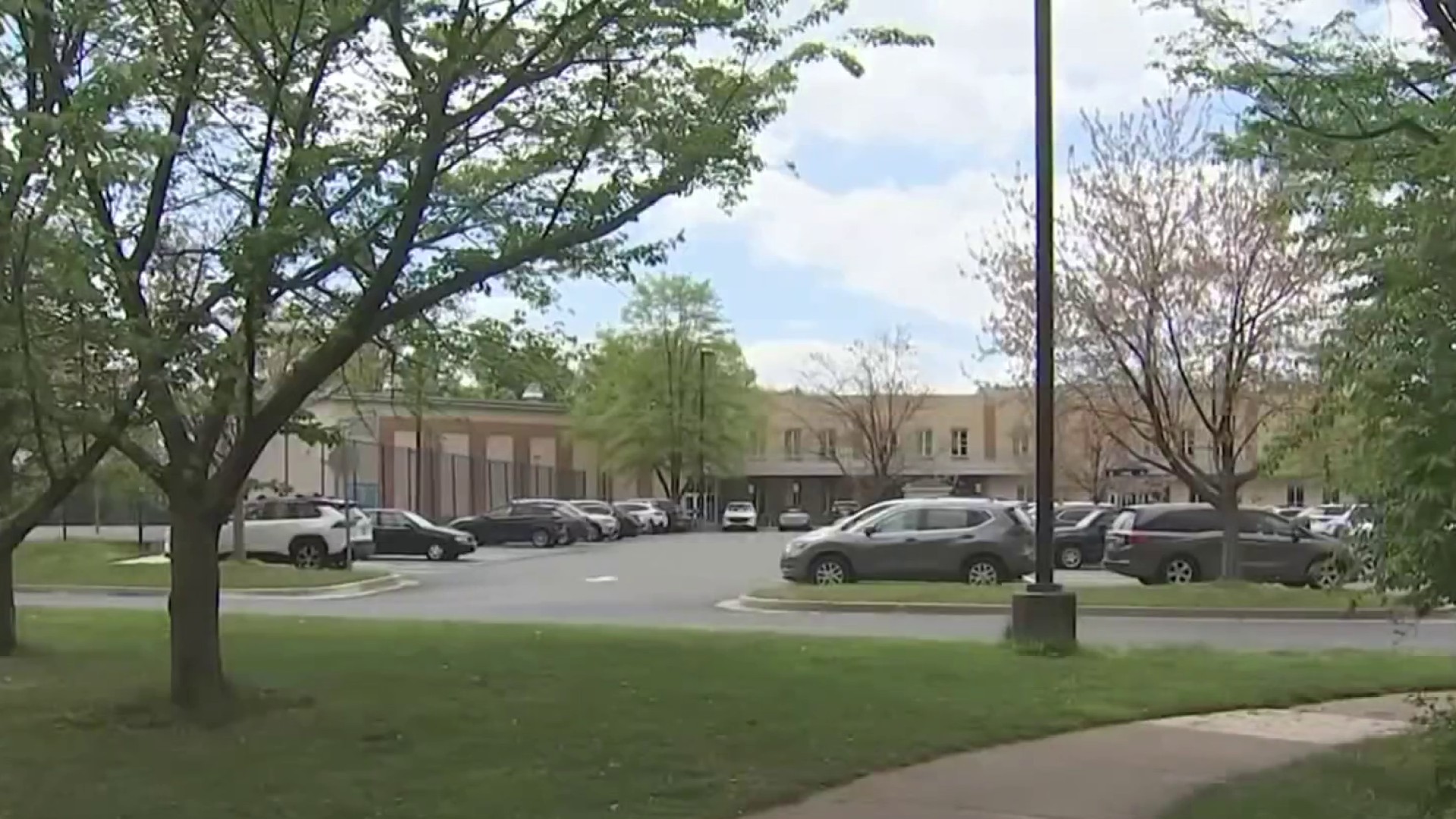Reduced hours, service cuts and layoffs could be on the table for Metro if federal funding runs out amid a huge drop in ridership due to the coronavirus pandemic.
Ridership and revenue have dropped as much as 90% on some lines, according to WMATA. The transit agency says it has used funding from the CARES Act to maintain service, but that funding is expected to run out by the end of 2020.
Metro's board of directors voted on cost-cutting measures Friday morning that could be put into place if that funding runs out without new revenue. They include setting 12-minute intervals between trains and ending weeknight rail service at 9 p.m.
"CARES Act funding has replaced fare revenue. If that funding isn't there after December, Metro will need to implement measures that hurt the region's economic recovery and adversely impact essential workers," said WMATA General Manager Paul Wiedefeld in a release from Metro.
A spokeswoman for Metro said that several proposals were being considered.
Read on for the changes that Metro says could be implemented. While some of these proposals might be adopted, it's possible that others might be changed to make the cuts less extreme, and some might not put into effect at all, pending a public review period.
Proposed Metrorail Cuts:
- Reduced Metrorail service: Standardize weekday train frequencies. Trains would run every 12 minutes on the Blue, Orange, Green, Yellow, and Silver lines. Metro later provided updated information stating that the interval could be as little as six minutes on the Red Line.
- Reduced Metrorail hours: Metrorail would close at 9 p.m. Sundays through Thursdays. On Fridays and Saturdays, closing would remain at 11 p.m.
- Turnbacks: On weekdays, half of Red Line trains would operate between Grosvenor-Strathmore and Silver Spring only. All Yellow Line trains would operate between Huntington and Mount Vernon Square only, seven days a week.
Proposed Metrobus Cuts:
- Continue reduced Metrobus service levels and hours, instead of adding service in early 2021 as planned.
Metro returned service to pre-pandemic levels just last month. Some services had been running at limited capacity or were completely shut down due to the pandemic in what the transit system called the largest and most complex service change in the system's 44-year history.
Local
Washington, D.C., Maryland and Virginia local news, events and information
At the time, Wiedefeld said the changes were possible because of funding received through federal aid from the CARES Act.
Now, Metro is saying that service might not continue. But before any changes go into effect, the transit agency will hold a public review phase.
Metro will be asking riders to provide feedback on the proposed changes online or at a virtual public hearing. The transit agency said they will announce details soon on how riders can give feedback.
The board will consider the public comments, then vote on potential cuts in November.
"Metro is required to have a balanced budget, essentially forcing the Board to consider $200 million in spending cuts in the event that federal relief ends," a release from Metro said.



